By: Manuel Manjarres Altahona
Ecosystem and Biodiversity Group Professional
Subdirectorate of Environmental Management
Climate change is one of the greatest challenges that the world must face, and in the future prolonged droughts and desertification are the themes, inter alia, that many countries will attend.
Humanity needs to survive these harsh conditions and its crops will have to tolerate drought, high temperatures and degraded soils. Cacti are being of growing interest around the world, in particular the nopal (Opuntia leucotricha) due to its unique characteristics, which provide resilience to the previously mentioned limiting conditions, being able to grow on land where other crops don't thrive.
Before the distribution in the territory and ecological importance, nutritional and social that the nopal species possesses, and under the support of the highest environmental authority of the department, Corpoguajira, a group of students and graduates of the Siapana boarding school, located in the village that bears the same name, Uribia, presented to COLCIENCIAS and PPD (GEF Small Grants Program) within the framework of the contest "A CIENCIA CIERTA ECO 2018", the experience called Fruits of the Macuira.
The above, in order to achieve the strengthening of the nopal value chain as a measure of adaptation and mitigation to climate change, achieving to be recognized by Colombians in the twenty-eight (28) experiences in community conservation of strategic ecosystems in the country.
With a variety of uses for the restoration of degraded lands in different countries, its fruit and its tender cladodes can be consumed by humans, interest in fodder use is increasing, its medicinal properties and industrial uses are being actively investigated and promoted.
Erosion control is another important use of Nopal (Opuntia leucotricha), as it grows quickly and has small roots that grow back every year from the main root during times of rain. In dry periods, small roots die, adding organic matter to the soil. With a higher content of organic matter, it is easier for the soil to absorb rainwater.
They are a source of biodiversity conservation, providing nesting areas for birds, rodents and other species. Birds perch on its branches to examine their surroundings, bird droppings often contain seeds from other plants and the shade of nopales can provide a microclimate that favors the birth of other plants.
Corpoguajira from its responsibility will support the initiative and strengthen through technical assistance and donations of native forest species to extend the experience to other arid zones, promoting sustainable development and food security to vulnerable communities in the department of La Guajira.

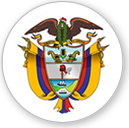





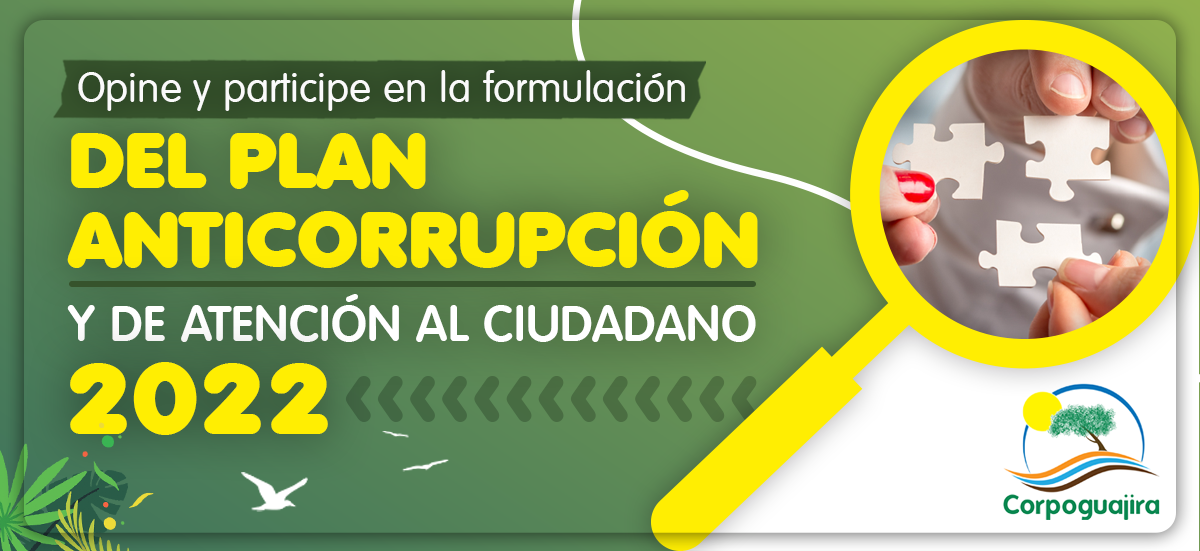
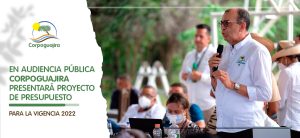







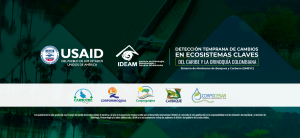











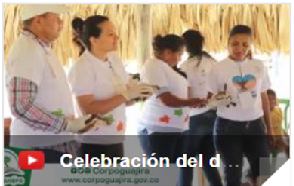


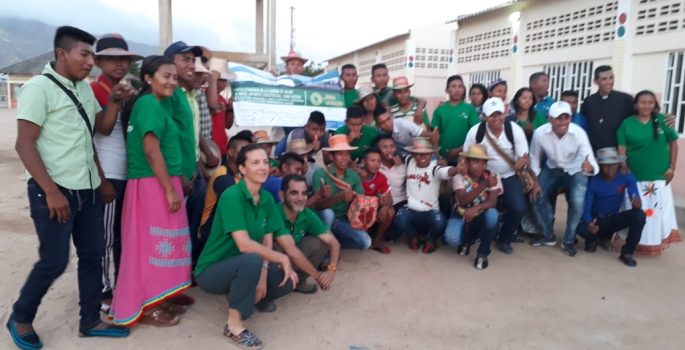
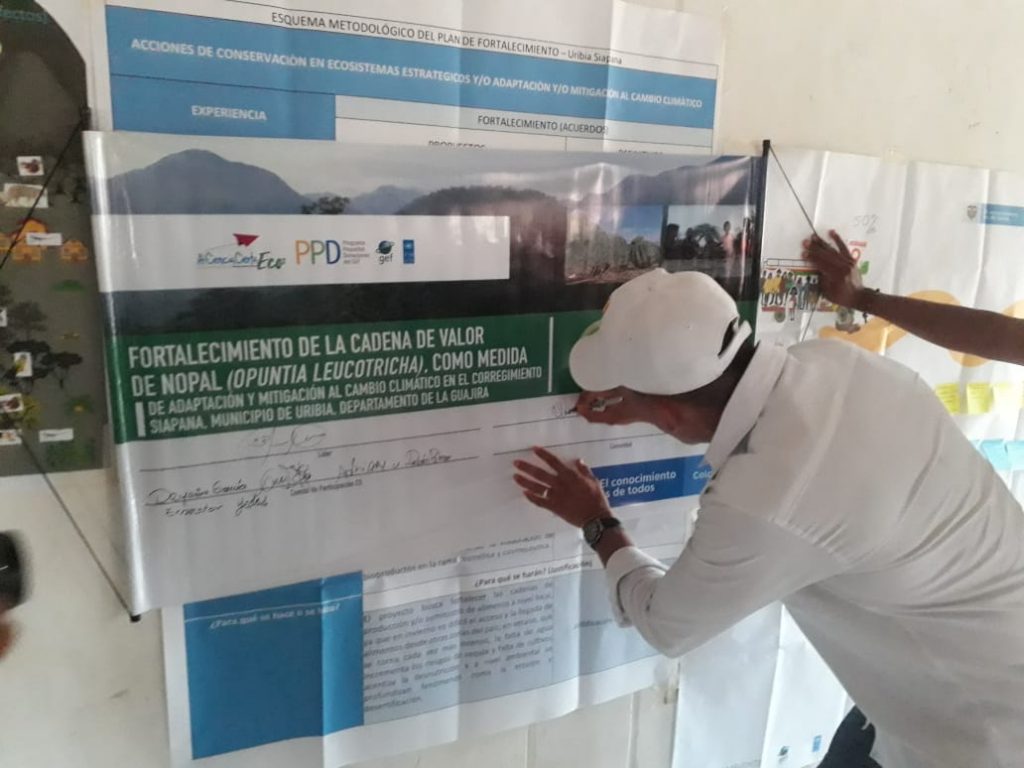
Leave a reply
I am sorry, you should be connected to post a comment.